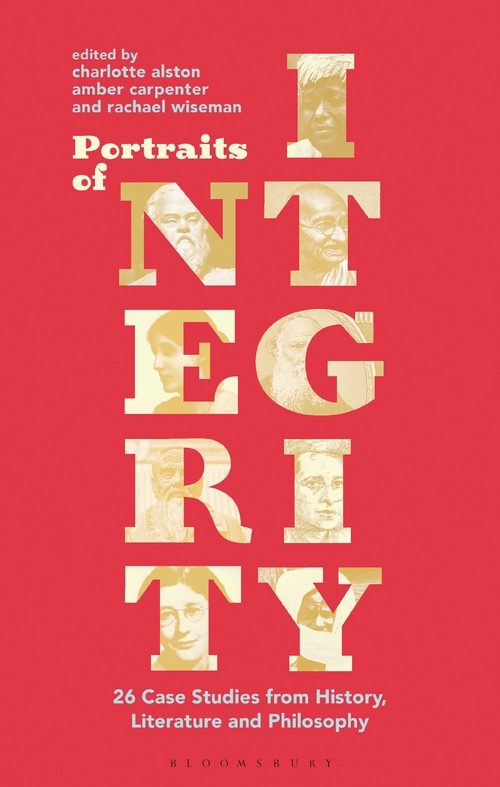These are good times for the hypocrite, the spineless, the shallow, the venal; for the zealot, the fanatic, the freak, and the fool.
Wherever we look – in literature, in history, in the newspaper, to say nothing of closer to home – we find excellent examples of hypocrisy, corruption, plagiarism, fabrication, selling out and compromise. But then there are also the rarer cases of integrity maintained under extraordinary circumstances, but at the cost of all the niceties of social life.
Reflecting on this raises a web of questions related to integrity: what does it do to a person to have integrity, or to lack it? What effect does it have on others? What qualities of character and circumstance enable one to maintain integrity, and which undermine it? Do institutions have integrity and, if so, does that integrity somehow cut against personal integrity? Does the integrity of something created bear any interesting relation to the integrity of its creator? What would we do without integrity – what do we do without integrity – and should we do without integrity? After all, it seems to make people pretty disagreeable to those around them.
Whatever the answers to these questions, it became obvious early on that integrity is too important to be left only to the philosophers.
So we’ve thrown the project open to the world – an invitation to come together with others who want to think hard and to think seriously about the value of integrity and the cost of doing without it, its place and its out-of-place-ness, its demands and its extravagances. We need historians who can illuminate the changing nature and place of integrity in popular discourse; political theorists who can think through the nature of the political realm, its integrity, and its relation to individual integrity. We need social scientists who look at the effect of institutions and mores on people’s actions and self-conceptions; psychologists who study how people relate to, enforce and challenge norms, and how it affects them to be compromised; literary and cultural theorists and art historians to share their thinking on making things with integrity – in both senses of the phrase. And we need people willing to simply draw on their own experience of being in all the various contexts studied, to think about what integrity and the lack of it means.
We are gradually building a community of people interested in continuing the conversation, using the Integrity Project website as a resource and place of exchange. And we are continuing to find opportunities to encourage others to think with us and speak about the topic, from a variety of directions.
Please look around and get in touch if you want to be involved.
Amber Carpenter & Rachael Wiseman
[This text is drawn from ‘Keeping One’s Bearings in a World Gone Mad‘]







